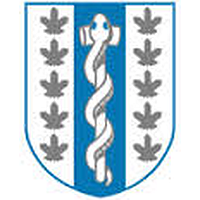Objective To evaluate the reliability and validity of the newly developed Physician Enabling Skills Questionnaire (PESQ) by assessing its internal consistency, test-retest reliability, concurrent validity with patient-centred care, and predictive validity with patient activation and patient enablement.Design Validation study.Setting Saguenay, Que.Participants One hundred patients with at least 1 chronic disease who presented in a waiting room of a regional health centre family medicine unit.Main outcome measures Family physicians' enabling skills, measured with the PESQ at 2 points in time (ie, while in the waiting room at the family medicine unit and 2 weeks later through a mail survey); patient-centred care, assessed with the Patient Perception of Patient-Centredness instrument; patient activation, assessed with the Patient Activation Measure; and patient enablement, assessed with the Patient Enablement Instrument.Results The internal consistency of the 6 subscales of the PESQ was adequate (Cronbach alpha = .69 to .92). The test-retest reliability was very good (r = 0.90; 95% CI 0.84 to 0.93). Concurrent validity with the Patient Perception of Patient-Centredness instrument was good (r = -0.67; 95% CI -0.78 to -0.53; P < .001). The PESQ accounts for 11% of the total variance with the Patient Activation Measure (r(2) = 0.11; P = .002) and 19% of the variance with the Patient Enablement Instrument (r(2) = 0.19; P < .001).Conclusion The newly developed PESQ presents good psychometric properties, allowing for its use in practice and research.

Physician Enabling Skills Questionnaire Validation of a newly developed instrument in primary health care
Review badges
0 pre-pub reviews
0 post-pub reviews